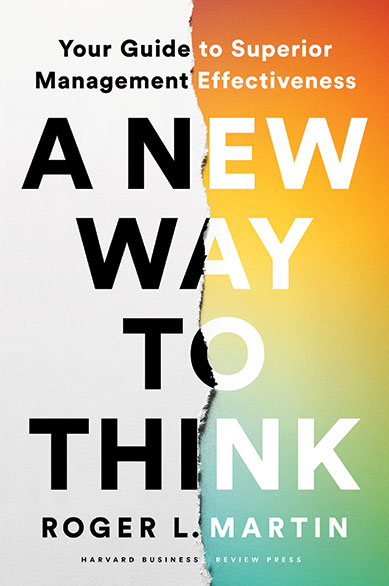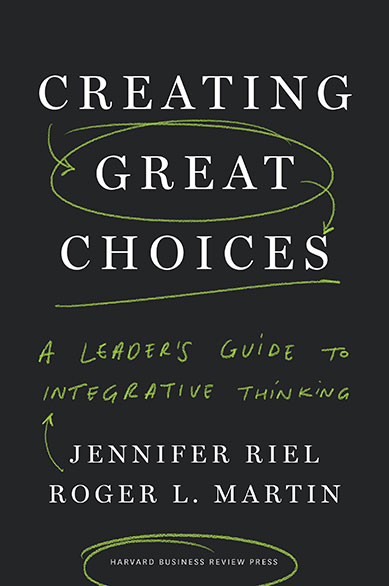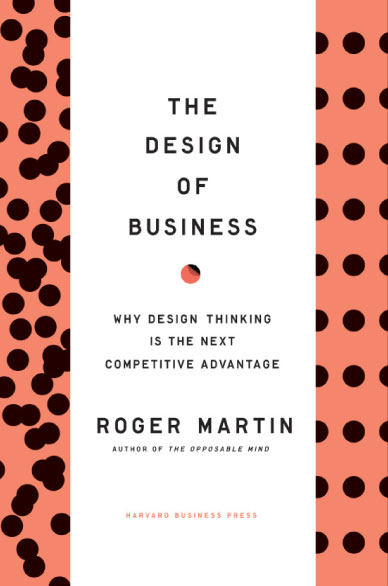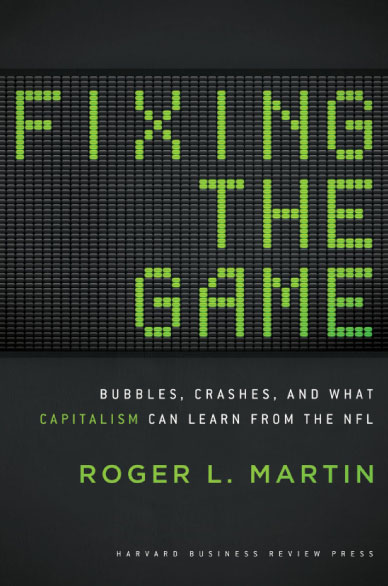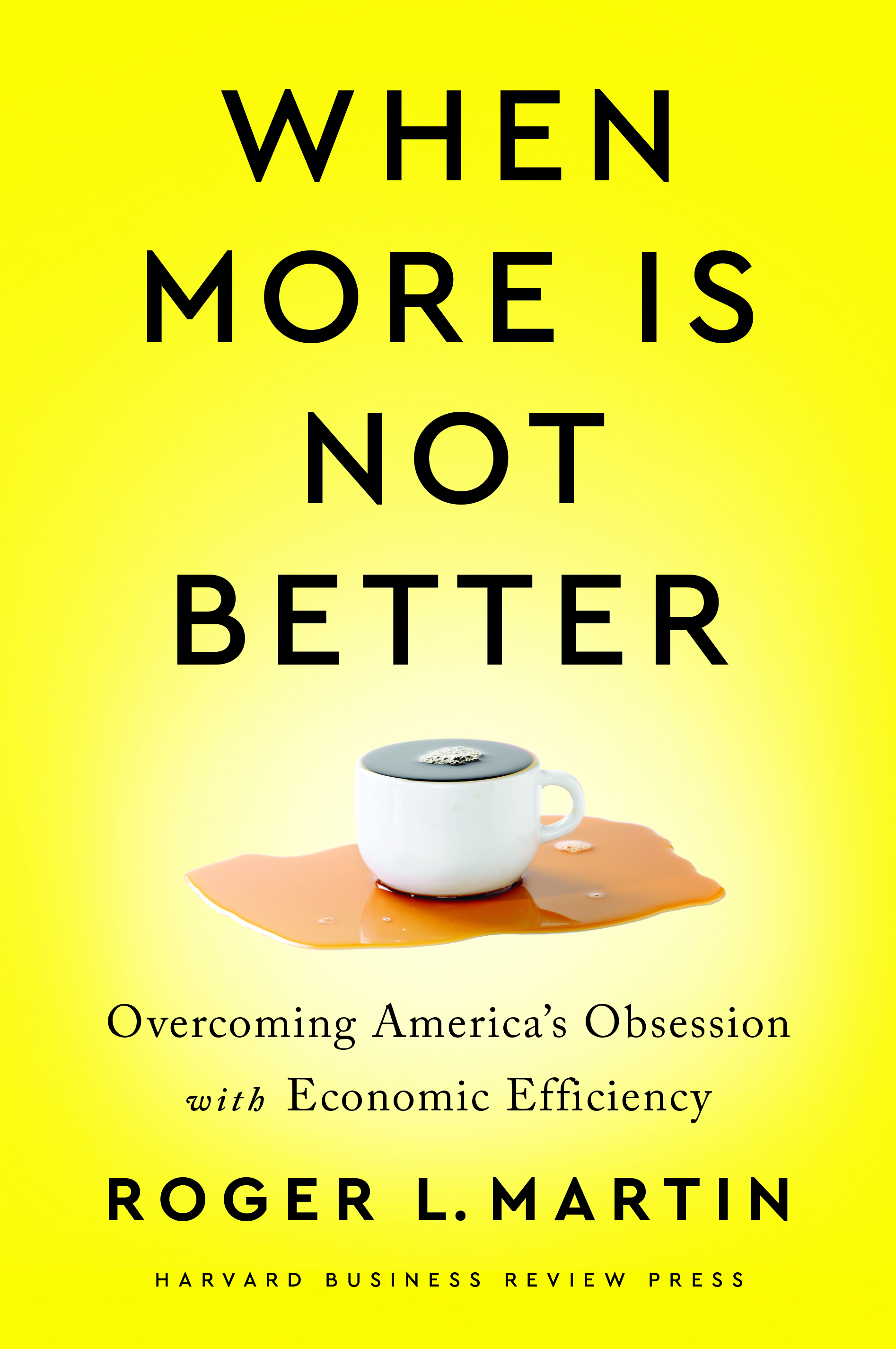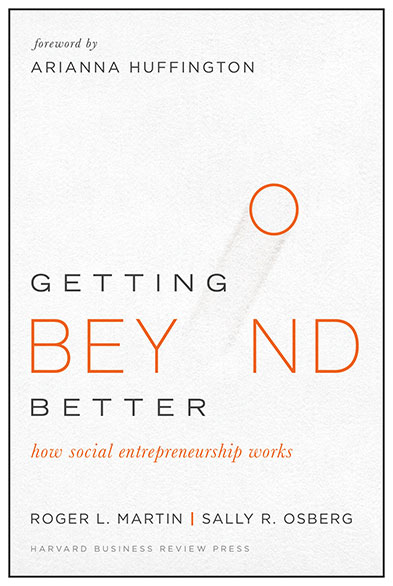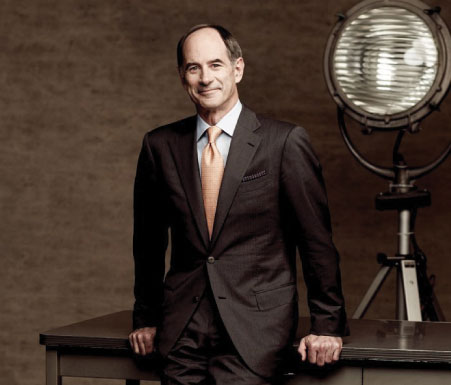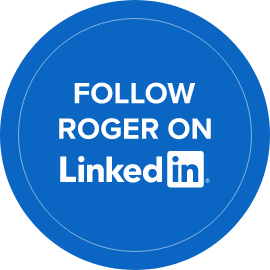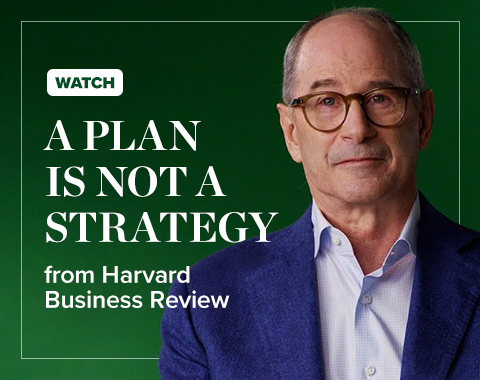-
The New York Times
What Romney Could Learn From the N.F.L.
Nancy Folbre
September 10, 2012
-
The Washington Post
Can we Save American capitalism?
Steven Pearlstein
August 31, 2012
-
TrustedAdvisor.com
Books We Trust: Fixing the Game, Roger Martin
August 1, 2012
-
The Guardian
Top 50 breakthrough capitalism books
John Elkington
May 29, 2012
-
http://nilofermerchant.com
Sneak Peek at TEDBookstore
Nilofer Merchant
February 6, 2012
-
Market Integrity Insights
Book Review: Fixing the Game: What Capitalism Can Learn from the NFL
Matt Orsagh
February 6, 2012
-
economicsandethics.org
Shareholder value is the dumbest idea in the world
Jonathan B. Wight
January 22, 2012
-
Forbes.com
The Dumbest Idea in the World: Shareholder Value Maximization
Steve Denning
November 18, 2011
-
London Evening Standard
Fresh Ideas are Needed Everywhere
Anthony Hilton
September 6, 2011
-
Actionable Books Blog
Summary of Fixing the Game
Chris Taylor
September 2011
-
Harvard Business School Alumni Bulletin
Capitalism’s False Mantra
Sean Silverthorne
September 2011
-
The Ottawa Journal
Shareholder Value Theory and the NFL
Michael Kelly
August 31, 2011
-
Daily Telegraph
Forget shareholders, maximise consumer value instead
Dan Pink
June 28, 2011
-
LeadershipNow.com
Fixing the Game: What Capitalism Can Learn from the NFL
Michael McKinney
June 21, 2011
-
Iain’s Chips and Tech Blog
Fixing the Game—Roger Martin says “Get Real”
Iain Verigin
June 20, 2011
-
The Economic Times
Fixing the Game Review
June 17, 2011
-
Canadian Business
Roger Martin on Executive Compensation
Chris MacDonald
June 16, 2011
-
CBS News
Rethinking the Purpose of Business: Why ‘Maximize Shareholder Value’ Hasn't Worked
Sean Silverthorne
June 7, 2011
-
Publishers Weekly
Review of Fixing the Game
May 30, 2011
-
Globe and Mail
A Sideline Take on Fixing the American Capitalism Game
Harvey Schachter
May 24, 2011
Harvey Schachter
-
800CEORead
Fixing the Game
Dylan Schleicher
May 17, 2011
-
International Herald Tribune
An Insider Rethinks Capitalism
Chrystia Freeland
May 13, 2011
-
Globe and Mail
Making the Business World all about the Common Good
Chrystia Freeland
May 12, 2011
-
BNet: The CBS Interactive Network
Why CEOs are Overpaid, and NFL Stars Aren’t
Eric Schurenberg
May 9, 2011
-
Tulsa World
Author says Stock-based CEO Compensation is Bad for Business
John Stancavage
May 8, 2011
-
Future of Business Blog
Executive Pay: Fixing the Game
Roger Trapp
May 3, 2011
-
Toronto Star
Business Guru Roger Martin Calls for CEO Pay Reform
David Olive
May 3, 2011
-
futureofbusinessblog.com
Executive pay: fixing the game
May 3, 2011
-
On Your Side Blog
Customers Should Come Ahead of Shareholders
Ellen Roseman
April 24, 2011
-
Financial Times
Real Value Looks Past Quarterly Reporting
Andrew Hill
April 18, 2011
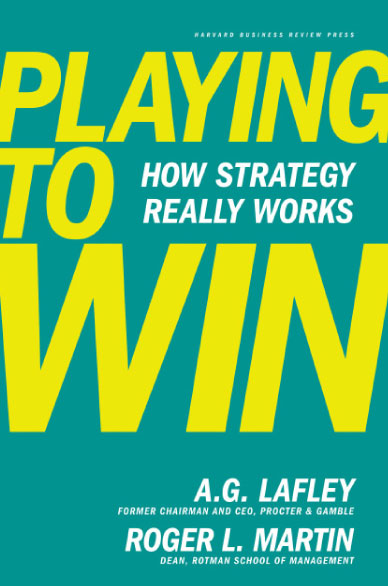 Buy the book
Book roger to speak
Buy the book
Book roger to speak
